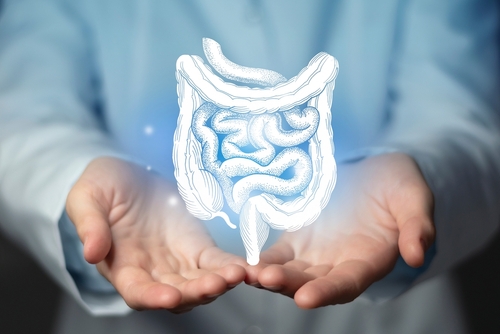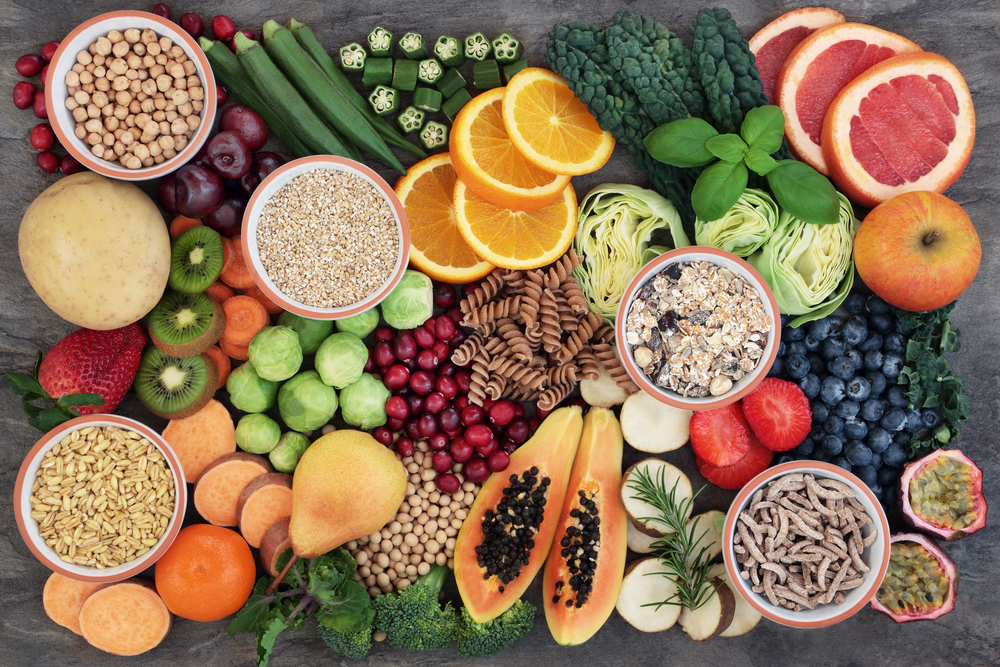Research has revealed a notable link between histological disease activity in inflammatory bowel disease (IBD) and fertility in women, underscoring the influence of histological inflammation and remission on fertility rates. Analysis from a comprehensive Swedish cohort of women aged 15 to 44 years with IBD demonstrated that those with active clinical disease exhibited lower fertility rates compared with those with clinically quiescent IBD.
The study utilized data spanning from 1969 to 2017, involving women diagnosed with IBD and tracking their fertility outcomes based on histological remission and inflammation. Results showed that histological inflammation correlated with a 10% reduction in fertility, translating to one fewer child per 14 women over 10 years of having histological inflammation. Furthermore, the study highlights that both clinically active and clinically quiescent IBD negatively impact fertility, but achieving histological remission could potentially improve fertility outcomes. This research underscores the necessity for medical professionals to consider both clinical and histological assessments in managing IBD, especially for women in their reproductive years, aiming to optimize their fertility outcomes through targeted treatment strategies.
Reference: Brooks A. Histological, Clinical Disease Activity Linked to Reduced Fertility in Women with IBD. HCP Live. Published February 20, 2024. Accessed May 7, 2024. https://www.hcplive.com/view/histological-clinical-disease-activity-linked-to-reduced-fertility-in-women-with-ibd








